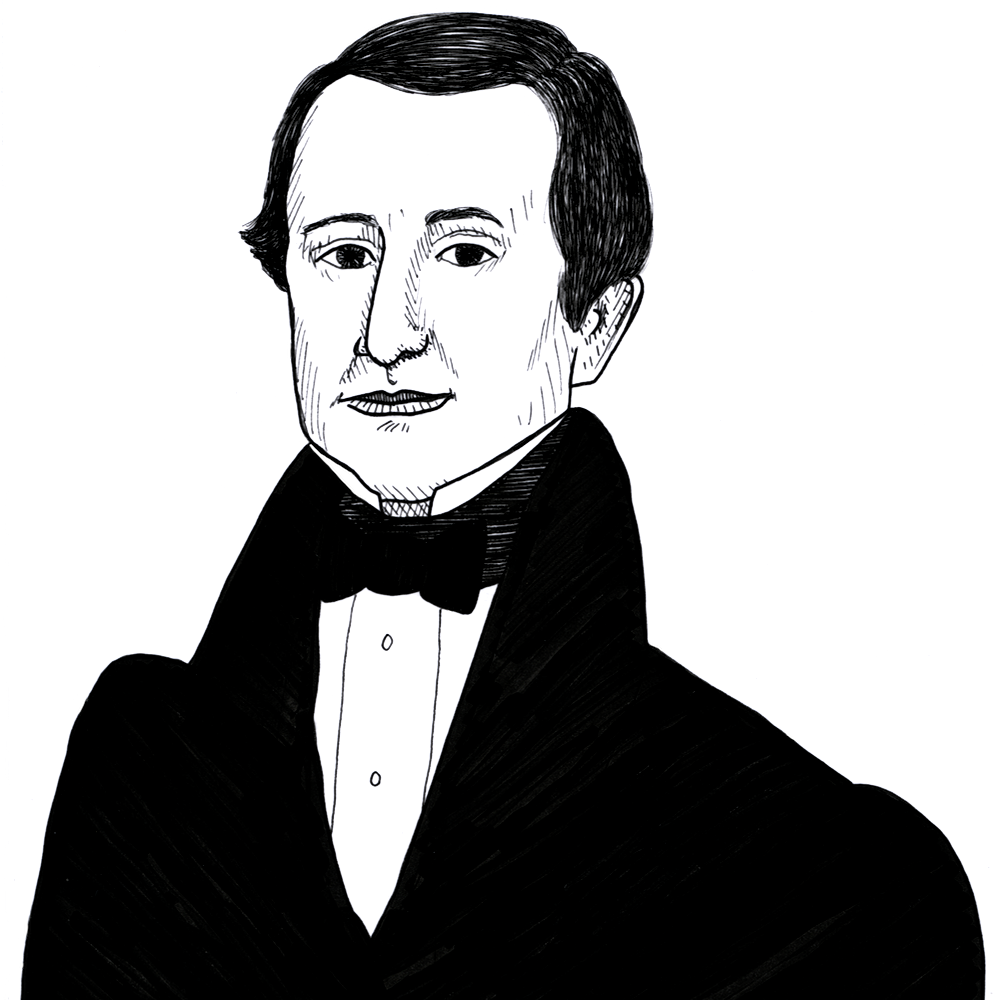
William Leggett on the separation of bank and state (1837)
Found in: Democratick Editorials: Essays in Jacksonian Political Economy
The Jacksonian era journalist William Leggett (1801-1839) was the intellectual leader of the laissez-faire wing of Jacksonian democrats. He believed that the “separation of bank and state” was an essential part of “democratic” economic policy:
Money & Banking
In the complete separation of government from the bank and credit system consists the chief hope of renovating our prosperity, and restoring to the people those equal rights, which have so long been exposed to the grossest violations. Leave credit to its own laws. It is an affair between man and man, which does not need special government protection and regulation. Leave banking to be conducted on the same footing with any other private business, and leave the banker to be trusted or not, precisely as he shall have means to satisfy those who deal with him of his responsibility and integrity. All this is a matter for men to manage with each other in the transaction of private affairs.